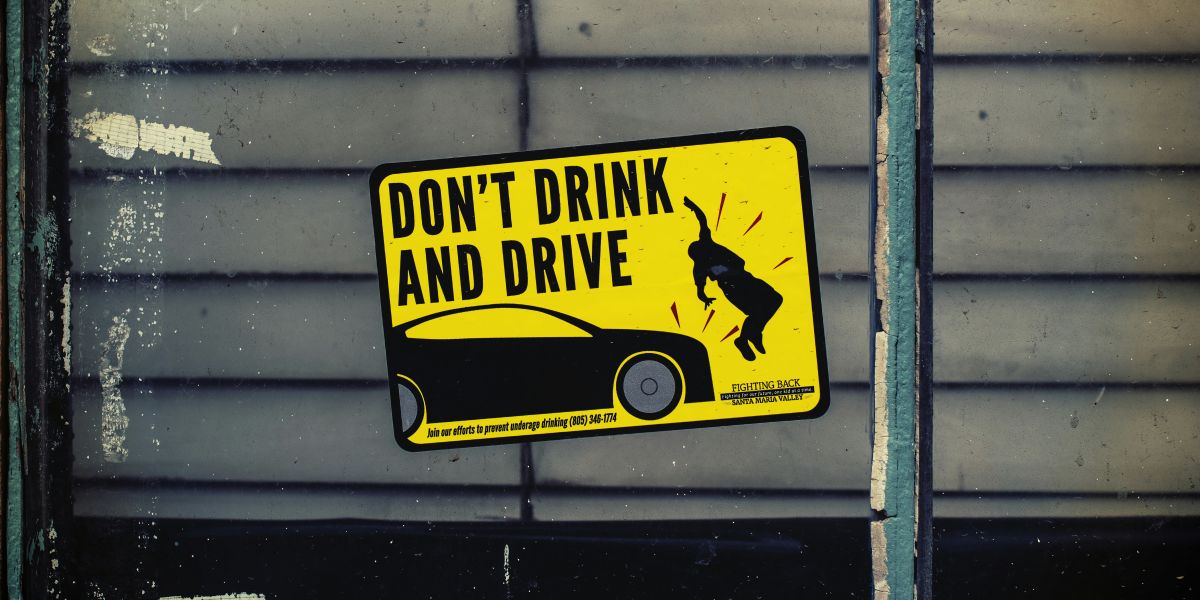A Driving Under the Influence (DUI) arrest can be a challenging and disruptive experience, thrusting a person into an unfamiliar and often intimidating legal process. In Canada, impaired driving laws are strictly enforced, reflecting the broader commitment to public safety. For those unexpectedly facing this situation, this guide for those arrested for DUI can offer a valuable perspective on what to expect in the days and weeks ahead.
The Initial Stop and Arrest
A DUI case often begins with a routine traffic stop. Law enforcement officers may look for signs of possible impairment, such as erratic driving, slurred speech, or the scent of alcohol. If there is reasonable suspicion, officers might use an Approved Screening Device (ASD) for a breath sample or conduct a Standardized Field Sobriety Test (SFST).
In Canada, refusing to comply with these requests can lead to serious consequences and may result in charges similar to or greater than those for impaired driving. While individuals have the right not to answer questions about their activities, laws around breath tests and field sobriety assessments are strictly applied.
What Happens After an Arrest
If a roadside test indicates impairment—whether due to alcohol, drugs, or a blood alcohol concentration (BAC) of 0.08% or more—an arrest often follows. At this point, an individual is informed of their Charter rights, including the right to contact legal counsel. Many people find it helpful to seek legal advice during this early stage to better understand what lies ahead.
Following the arrest, police typically transport the individual to a station for further procedures. These may include:
- Further Testing: Additional breath tests could be administered using an Approved Instrument (commonly known as a “Breathalyzer”). If drug impairment is suspected, a Drug Recognition Expert (DRE) might perform evaluations, and additional samples such as blood or urine may be requested.
- Booking: This generally includes recording personal information, fingerprinting, and photographing the individual. Personal belongings are often documented and held for safekeeping.
- Release or Bail Hearing: Depending on the circumstances, the individual might be released with certain conditions, such as abstaining from alcohol or reporting to authorities. In more serious situations, or where public safety is a concern, the person could be held for a bail hearing, usually within 24 hours.
From Arrest to Court
Once released, the legal process continues. Police typically forward the details of the case to the Crown Prosecutor, who will review the evidence and determine whether to proceed with charges.
- First Court Appearance: This is usually brief. Individuals or their representatives receive “disclosure”—a collection of materials the government intends to use as evidence, such as police reports, test results, and witness accounts. No plea is typically entered at this stage, allowing time for review.
- Review and Strategy: The disclosure is thoroughly examined to identify any irregularities, such as issues with the initial stop or the procedures used during testing. This review can help shape the overall strategy moving forward.
- Pre-Trial Activity: Depending on the findings, lawyers might engage in pre-trial negotiations with the prosecutor. These could involve discussions about modified charges or other possible outcomes. Pre-trial motions may also be filed to challenge elements of the evidence.
- Trial and Sentencing: If no agreement is reached, the case moves to trial, where the Crown must establish guilt beyond a reasonable doubt. Sentences for impaired driving convictions in Canada can be severe and may include fines, driving prohibitions, educational or treatment programs, and—in more serious cases—incarceration. A conviction typically results in a criminal record.
Long-Term Consequences
The implications of a DUI charge often extend beyond the courtroom. In addition to possible penalties like license suspension and vehicle impoundment, a conviction might affect employment, international travel, and insurance rates. These challenges are some of the reasons why many individuals choose to seek legal representation early in the process.
A Complex Journey
The aftermath of a DUI arrest can be confusing and emotionally taxing. By understanding the sequence of events and potential outcomes, individuals can better navigate the process. While every case is unique, having a general awareness of how the system works—from initial stop to possible trial—may provide a sense of control during an otherwise disorienting experience.
Disclaimer: This article is intended for general informational purposes only and does not constitute legal advice. DUI laws and procedures can vary based on individual circumstances and provincial regulations. Readers facing DUI charges should consult a qualified legal professional to receive advice tailored to their specific situation.
Published by Jeremy S.


















